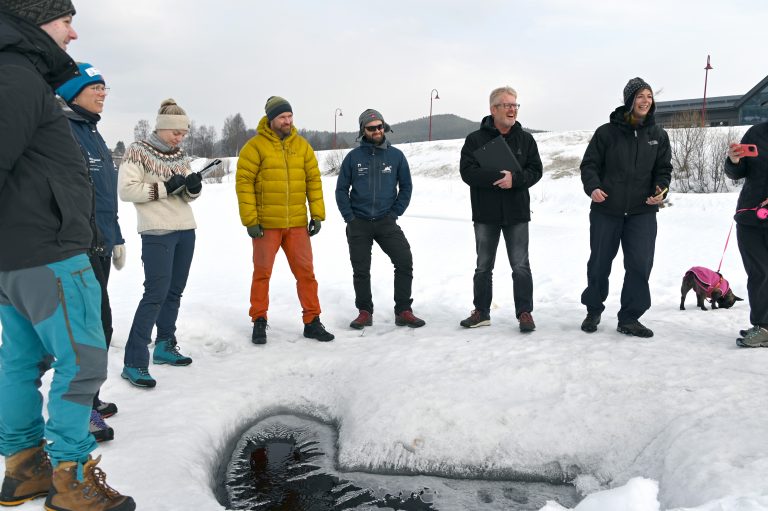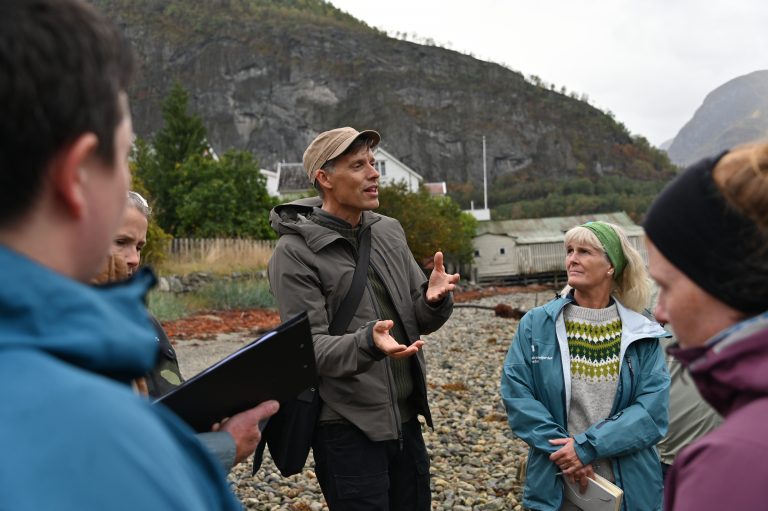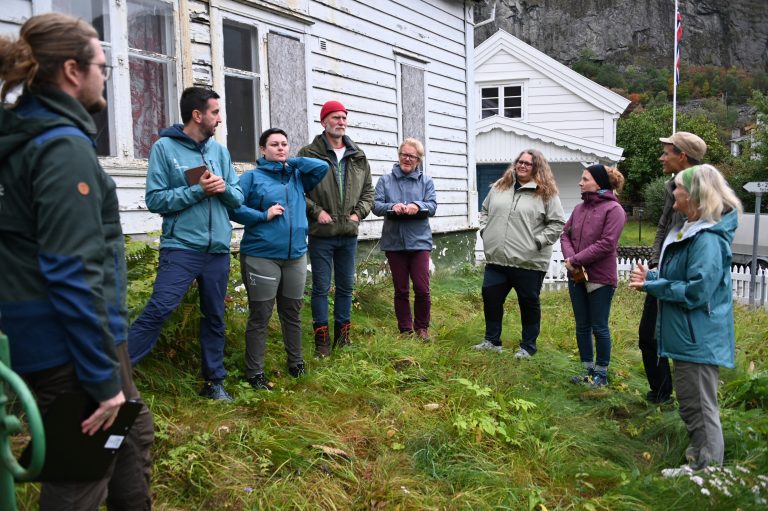Organized in cooperation with Interpret Europe and Valdres nature and culture park.

Certified interpretive guiding course to share nature and culture for unique visitor experiences
Specifically designed to celebrate Nordic natural and cultural heritage sites and places, this course provides a comprehensive set of practical and highly effective communication techniques to relate the unique qualities of your heritage for more meaningful and memorable visitor experiences.
Learn how to connect on an emotional and intellectual level with visitors to relate and reveal the fascinating stories behind your heritage beyond simply describing what can be seen.
Enrich your communication skills working with the public to add value to your work, enhance your skills and strengthen your profile as a “go-to guide”!
This course is ideal for:
Employed and self-employed guides
Park and protected area rangers and managers
Seasonal site or field recruits
Volunteers and local community groups
Museum curators
Destination Management Companies
All those who present natural and cultural heritage to the public, both experienced and those just starting out.
No previous knowledge of heritage interpretation is required although some basic experience of working with the public or guiding is desirable.
Course profile and learning outcomes:
- 40-hour tried-and-tested programme packed with practical group and individual exercises, presentations and exchanges.
- Course language: English (emphasis on oral rather than written proficiency)
- A ‘learning by doing’ approach to discover, practice and master an extensive communication toolkit to deliver great interpretive walks and talks.
- Engage visitors in a more meaningful and memorable way by channelling your creativity and ideas to relate and reveal what lies behind the facts and figures
- Build your confidence, develop your strengths and discover hidden talents
- Connect visitors intellectually and emotionally to your site or place as well as to the bigger picture in terms of sustainable development and other global concerns
The spirit of the course can be summed up in the following quote:
“Through interpretation, understanding; through understanding, appreciation; through appreciation, protection.” – Freeman Tilden, one of the first people to set down the principles and theories of Heritage Interpretation in his 1957 book, Interpreting Our Heritage.
Learning outcomes include:
- Facilitating first-hand experience with natural and cultural heritage sites and objects
- Dealing with tangible and intangible heritage
- Revealing meanings and relationships of natural and cultural sites and objects
- Creating attractive themes from sites, objects and factual information
- Reacting to the needs and expectations of participants during interpretive activities
- Understanding the different roles as an interpretive guide
- Using questioning techniques and other communication tools
- Exercising different forms of group formation and the use of props
- Connecting information to the participants‘ world
- Considering constraints and barriers experienced by visitors
- Peer coaching and critiquing interpretive activities
- Integrating sustainability aspects and global concerns into interpretive activities.
Certification:
The course programme has been developed and certified by Interpret Europe, the European Association for Heritage Interpretation (www.interpret-europe.net). To achieve the status of Interpret Europe “Certified Interpretive Guide” participants must attend the entire course, complete a written test, an interpretive talk, a critiquing exercise and a detailed proposal for an interpretive walk (homework assignment).



